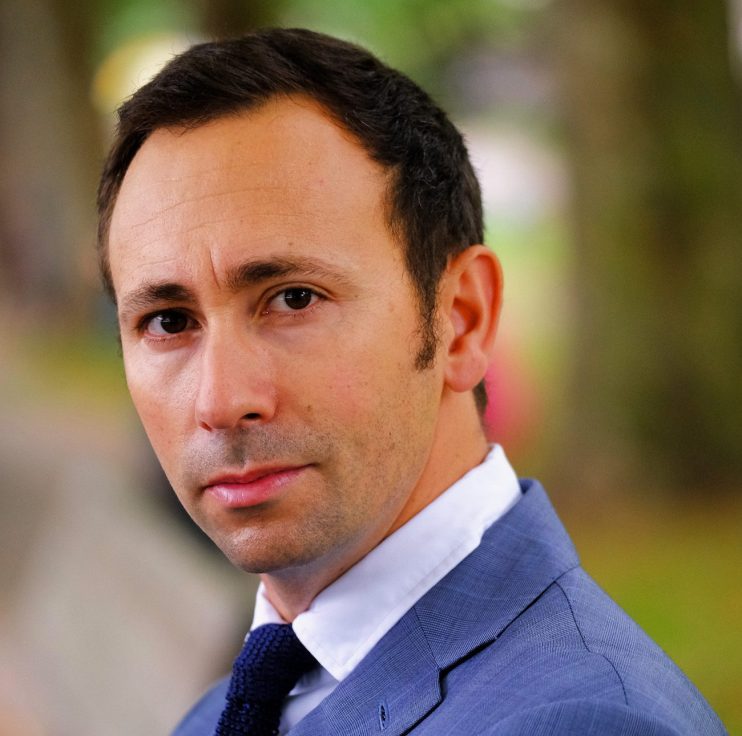Mark Kleinman: The Post Office disgrace, Historic Royal Palaces and DAZN’s next move

Post Office chief fails again to Read the room
Like salt poured in an open wound: that’s the only conceivable metaphor for the corporate governance disgrace delivered by the Post Office in recent weeks.
Consider the facts: thousands of sub-postmasters were the victims of a grotesque cover-up, with many of them left penniless, homeless or wrongfully imprisoned. Their fight for justice was then imperilled by the unfairness of compensation settlements which were either woefully inadequate or squeezed by the funding arrangements which saw large parts of their payouts swallowed by litigation funders.
And now, to make matters worse, the current board of the government-owned company has presided over a shambolic process where it allowed bonuses to be paid to executives for their cooperation with an inquiry into the scandal that is not even complete.
Last week’s report from the law firm Simmons & Simmons, commissioned by business secretary Kemi Badenoch, made dreadful reading. It concluded that the Post Office board had been guilty of “clear failings” in its deliberations and its record-keeping.
In April 2021, Nick Read, the chief executive, set out in a speech to stakeholders his ambition to turn the Post Office into a profit-sharing collective, with sub-postmasters given the chance to benefit from a revamped network.
The chief executive said this could even be in place within a few years: “As we become commercially sustainable and no longer reliant on government subsidy, looking for new ways to ensure postmasters share fairly in that success is the right thing to do,” he said.
“For [the] Post Office to be in a position, say by 2025, to make this a credible option for postmasters, their customers and the government would, it seems to me, represent a genuine achievement.”
Those aspirations now look little more than a pipe-dream. The Post Office’s financial performance is weak, and the Horizon scandal fallout has left its boardroom looking less like a cuddly co-operative than a rapacious school of sharks.
That impression is compounded by Read’s unfathomable refusal to hand back the entirety of last year’s £455,000 bonus. Instead, after weeks of obfuscation by the company, he decided yesterday to increase the sum he would surrender from a measly £13,000 – to a slightly less measly £54,400.
Chief executives fond of virtue-signalling about “the right thing to do” must be prepared to be held accountable when they fail.
The Post Office is years away from an end to government subsidy, or anything like financial sustainability.
The entire board should now consider whether “the right thing to do” involves remaining in their posts. And if Read believes he is the right long-term leader to restore faith among a beleaguered workforce, Badenoch should disabuse him of that notion and advertise for his successor. That seems like the right thing to do.
Coleridge lined up for the Tower boardroom
Historic England, the V&A, English Heritage – the list goes on. It’s all change at the top of many of Britain’s most prestigious cultural institutions and bodies. Next up is Historic Royal Palaces, where a search has been underway for nearly two years for a new chair of sites including the Tower of London and Hampton Court Palace.
I hear that this particular crown is soon likely to land on the head of Sir Nicholas Coleridge, the former Conde Nast executive. Confirmation may depend on whether Sir Nicholas secures the provost’s role at Eton, with which he has been widely linked.
In turn, his departure from the chairmanship of the Victoria and Albert Museum after eight years frees up another prized vacancy in the capital.
With the Science Museum and British Film Institute also seeking new chairs, headhunters specialising in these appointments cannot echo bankers’ complaints about a moribund summer period.
ESPN tie-up would leave DAZN in US box seat
How about this for a screen test? DAZN, the loss-making streaming service, may finally be getting its house in order under Shay Segev, the ebullient Israeli who became its sole CEO last year after a spell running Entain, the FTSE-100 gambling group.
A $4.3bn recapitalisation by owner Sir Len Blavatnik has provided it with the financial freedom to think big, so it seems logical that it will be among those closely studying Disney’s plans to explore a sale or strategic partnership for ESPN.
Disney has never cracked the streaming market, while DAZN, despite the questionable nature of some of its historic rights deals, has started to generate meaningful international momentum.
DAZN’s presence now in 230 markets and with more than 60m registered users provides a scale that would complement ESPN’s US-focused footprint. Its moves into gaming and merchandising – particularly the recent deal with US-based Fanatics – also look like sensible diversification plays, assuming the economics stack up.
For the streamer, a tie-up would build credibility with customers and rights-holders in the US, an essential step towards an eventual exit.
The reappearance of Kevin Mayer, until recently DAZN’s chairman, as an adviser to the Disney chief Bob Iger might prove to be a helpful factor in engineering a deal.
DAZN will face competition, without question: this week, it emerged that Verizon, the US telecoms giant, had initiated talks with Disney about a partnership. It is unlikely to be the only one.
For Sir Len and Segev, though, a combination with ESPN may prove that bit more compelling – and with the US sports giant as its centrepiece, a US listing would surely prove too difficult to ignore.
